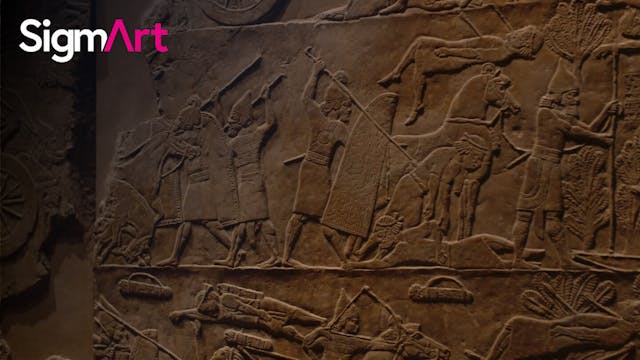The History of SUGAR
British Museum Collection
•
5m 56s
In the fourth episode of Pleasant Vices Tasha is tackling the history of sugar in Europe using objects and prints from the British Museum collection to explore this foodstuff's tumultuous past.
Sugar was first produced from sugarcane plants in India sometime after the first century AD. The derivation of the word "sugar" is thought to be from Sanskrit शर्करा (śarkarā), meaning "ground or candied sugar," originally "grit, gravel". Sanskrit literature from ancient India, written between 1500 and 500 BC provides the first documentation of the cultivation of sugar cane and of the manufacture of sugar in the Bengal region of the Indian subcontinent.
Known worldwide by the end of the medieval period, sugar was very expensive and was considered a "fine spice", but from about the year 1500, technological improvements and New World sources began turning it into a much cheaper bulk commodity.
Cast: Tasha Marks (Historian)
Up Next in British Museum Collection
-
Assyrian art masterpiece "The BATTLE ...
The battle of Til Tuba reliefs are among some of the great masterpieces of ancient Assyrian art. The movement and details are truly stunning. That said, the scenes actually being depicted are anything but easy on the eye.
The Battle of the Ulai River, also known as the Battle of Til-Tuba or the ...

